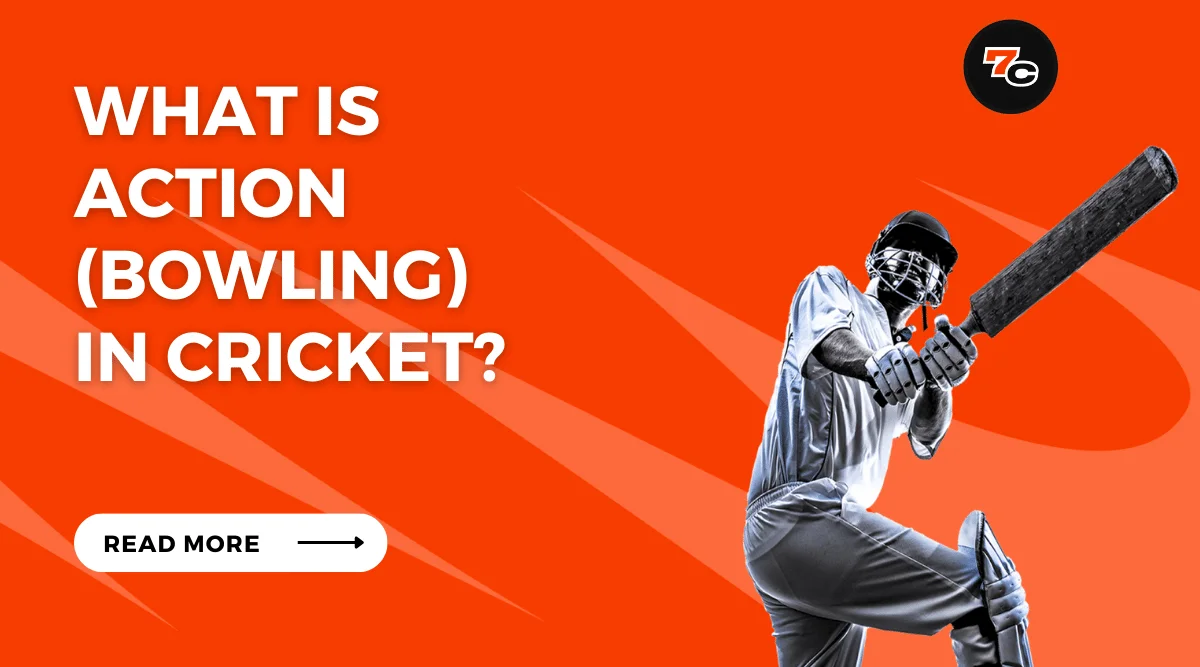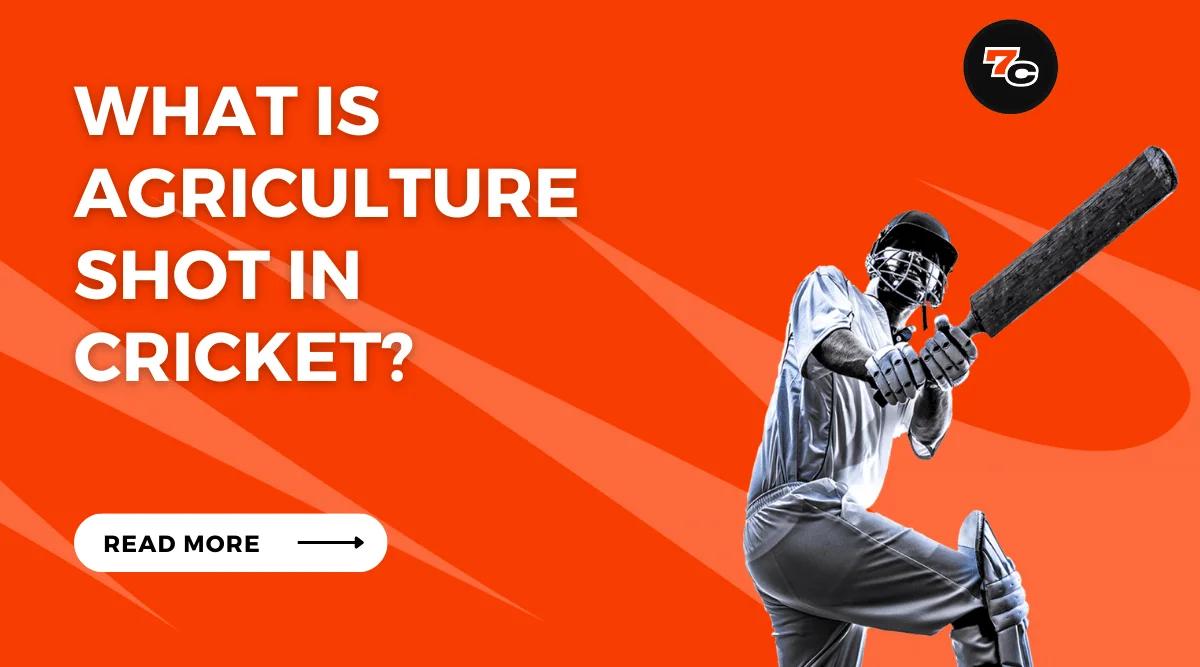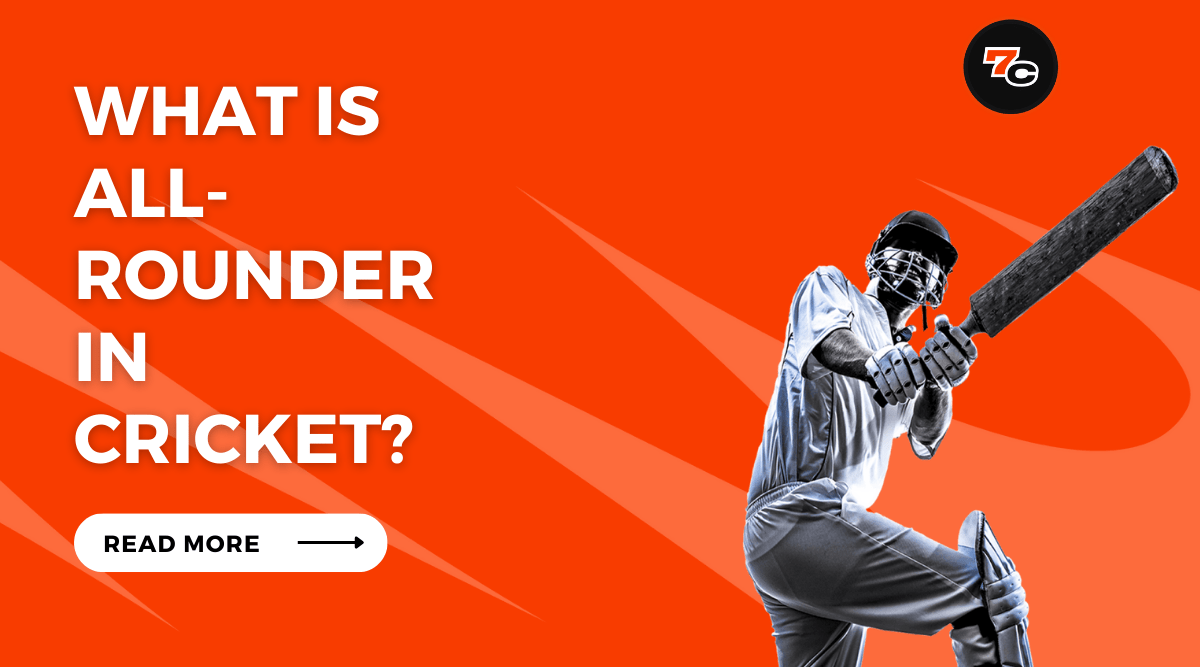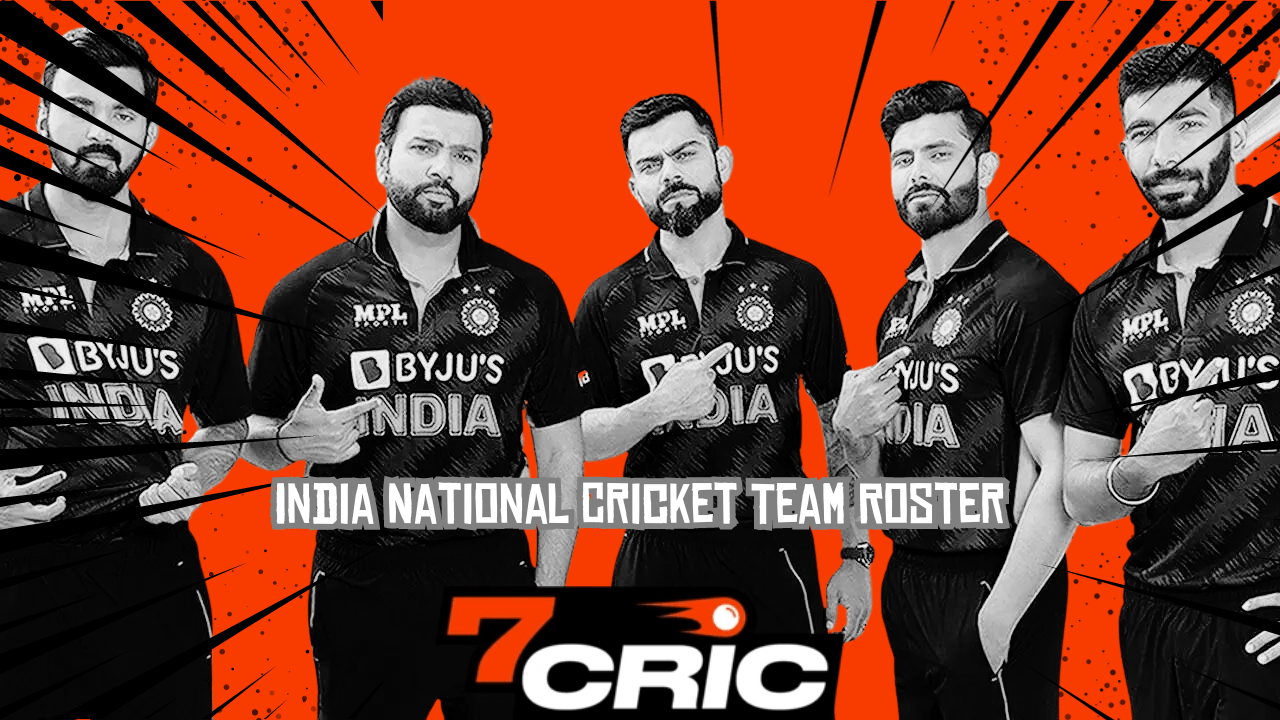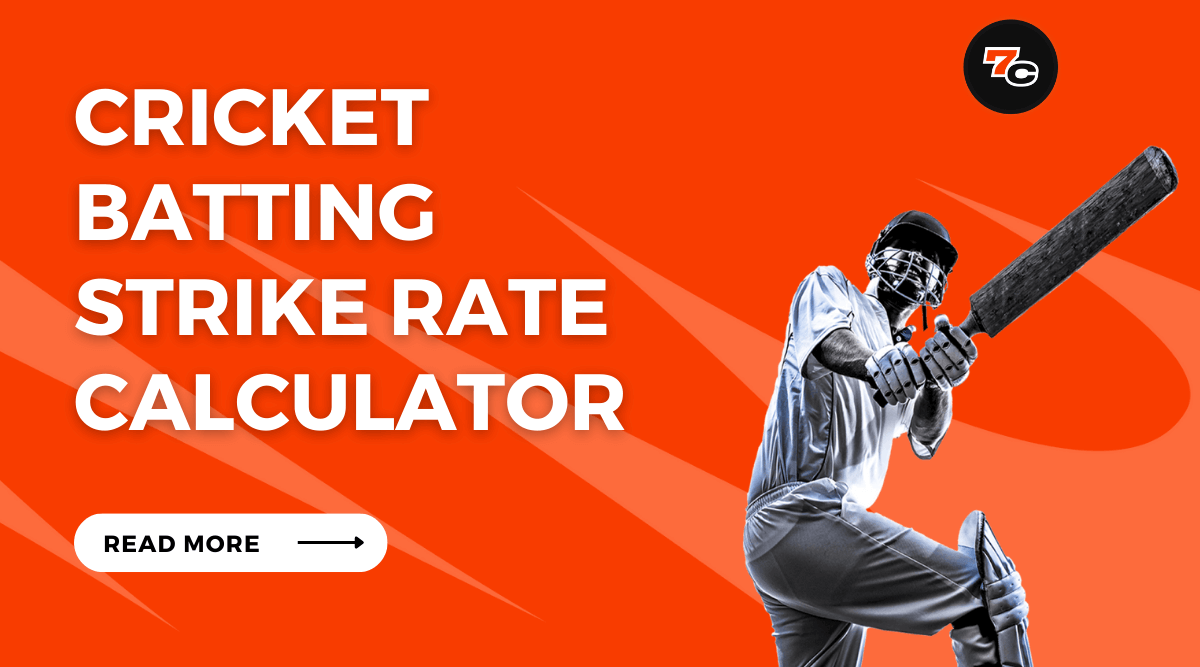According to statistics, cricket has consistently been reported as one of the most popular sports worldwide. As with any sport, ensuring player safety is paramount, leading to the development and use of various protective gear.
One such piece of equipment is the chest pad, which plays a crucial role in safeguarding cricketers from potential injuries during gameplay.
This article aims to explore the purpose and design of the chest pad, highlighting its significance in maintaining player safety in the game of cricket.
Key Takeaways
- Cricket is one of the most popular sports globally with a large fan base and global viewership.
- Protective gear, including chest pads, is crucial for player safety in cricket.
- Chest pads protect vulnerable areas like the sternum and ribs and reduce the risk of fractures and internal organ damage.
- Chest pads are designed to provide cushioning, support, and shock absorption, using advanced materials and technologies.
Understanding the Importance of Protective Gear in Cricket
The importance of protective gear in cricket lies in its ability to safeguard players from potential injuries and enhance their safety on the field.
One crucial piece of protective equipment is the chest pad, which serves as a vital defense against various types of injuries.
Chest pads are available in different types in the market, including traditional chest guards and modern body armors.
Traditional chest guards consist of foam padding encased in a fabric cover, while modern body armors are made with high-density foam or gel inserts for enhanced protection.
Wearing a chest pad can prevent common injuries that cricketers may encounter during matches or practice sessions.
The primary purpose of a chest pad is to protect the sternum, ribs, and other vulnerable areas from impact injuries caused by fast bowlers‘ deliveries or accidental contact with balls during batting or fielding activities.
By providing an extra layer of cushioning and shock absorption, it reduces the risk of fractures, contusions, bruising, and internal organ damage.
Exploring the purpose and design of the chest pad further reveals how this essential piece of equipment functions to optimize player safety on the cricket field.
Exploring the Purpose and Design of the Chest Pad
One purpose of the protective gear worn by cricketers is to provide a layer of cushioning and support for the torso.
The chest pad, also known as a chest guard or body protector, serves this purpose by safeguarding the chest area from potential injuries caused by fast-paced deliveries or accidental impacts during gameplay.
Wearing a chest pad offers several advantages, including reducing the risk of fractures, contusions, and soft tissue damage.
Different types of chest pads are available in the market today, each designed with specific features to cater to varying player preferences and playing conditions.
These include traditional foam-based pads that offer adequate protection while ensuring flexibility and ease of movement.
Additionally, modern advancements have led to the development of lightweight materials such as high-density foam or gel inserts that absorb impact effectively.
To illustrate further, consider the following table comparing different types of chest pads:
| Type | Material | Advantages |
|---|---|---|
| Foam-based | Dense foam | Flexibility and mobility |
| Gel-inserted | High-density gel | Enhanced shock absorption |
This table aims to evoke an emotional response in highlighting how various options exist for players seeking optimal protection during cricket matches.
The Significance of the Chest Pad in Ensuring Player Safety
Significant benefits are provided by the chest pad in terms of protecting players from potential injuries to their torso region.
The use of a chest pad in cricket is essential as it serves as a crucial protective gear for batsmen and fielders alike.
One of the main benefits of wearing a chest pad is its ability to absorb and disperse impact forces, thereby reducing the risk of serious injuries such as rib fractures or internal organ damage.
Contrary to common misconceptions about the effectiveness of chest pads in cricket, research has shown that they significantly decrease the severity and frequency of injuries to the chest area.
The design and construction of modern chest pads have evolved over time, utilizing advanced materials and technologies to provide enhanced protection while ensuring comfort and flexibility.
Chest pads typically consist of multiple layers, including a hard outer shell made from durable materials such as high-density foam or reinforced plastic, which absorbs impacts effectively. The inner layers are often composed of softer cushioning materials that offer additional shock absorption.
How to Properly Use and Maintain a Chest Pad in Cricket
To ensure proper usage and maintenance, it is essential for players to familiarize themselves with the instructions provided by the manufacturer.
A chest pad is an important piece of protective equipment in cricket, designed to safeguard the player’s chest area from potential injuries caused by fast-paced bowling or unexpected ball impacts.
Here are four key points to consider when using and maintaining a chest pad:
Protection Techniques
It is crucial for players to understand the correct techniques for wearing a chest pad. The pad should be securely strapped around the chest, ensuring that it covers the entire area vulnerable to impact.
Additionally, players should practice proper defensive techniques such as keeping their arms close to their body while facing bowlers.
Choosing the Right Size
Selecting a properly fitting chest pad is vital for optimal protection and comfort. Players should refer to size guides provided by manufacturers and choose a pad that snugly fits their body shape without restricting movement.
Regular Cleaning
Chest pads can accumulate sweat and dirt during matches or training sessions, so regular cleaning is necessary. Following manufacturer guidelines, players should clean their chest pads using mild soap and water, avoiding harsh chemicals that may damage the material.
Storage
After use, it is important to store the chest pad in a cool and dry place away from direct sunlight or extreme temperatures. This helps maintain its structural integrity and extends its lifespan.
Conclusion
In conclusion, the chest pad is a crucial piece of protective gear in cricket that plays a significant role in ensuring player safety. Its purpose is to provide protection to the vital organs and ribs from potential injuries caused by fast-paced balls.
Proper usage and maintenance of the chest pad are essential for its effectiveness. One interesting statistic to highlight the importance of this gear is that approximately 20% of all cricket-related injuries involve trauma to the chest area, emphasizing the need for players to prioritize wearing chest pads during games.
Frequently Asked Questions: Chest Pad
What other types of protective gear should a cricket player wear in addition to a chest pad?
Cricket players should wear additional protective gear, such as a helmet, to ensure their safety. Wearing a helmet is of utmost importance as it protects the head from potential injuries caused by fast-paced deliveries or unexpected ball impacts.
Can a chest pad completely prevent injuries to the chest area in cricket?
While a chest pad is essential in cricket, it cannot guarantee complete prevention of injuries to the chest area. However, its effectiveness lies in reducing the severity of potential impacts and protecting vital organs, highlighting the importance of wearing one during gameplay.
Is a chest pad necessary for all cricket players, regardless of their skill level?
The necessity of a chest pad in cricket is dependent on the skill level and personal preference of the player. However, chest pads are important for players as they provide protection against potential injuries to the chest area during gameplay.
Are there specific guidelines or regulations regarding the design and construction of chest pads in cricket?
Chest pad design standards and construction materials in cricket are governed by specific guidelines and regulations. These ensure that the chest pads provide adequate protection to players, regardless of their skill level.
How often should a chest pad be replaced or upgraded to ensure maximum effectiveness?
Chest pad replacement should be done periodically to ensure maximum effectiveness. As there are no specific guidelines or regulations regarding this matter in cricket, it is recommended to upgrade chest pads whenever they show signs of wear and tear or the padding becomes less protective.


